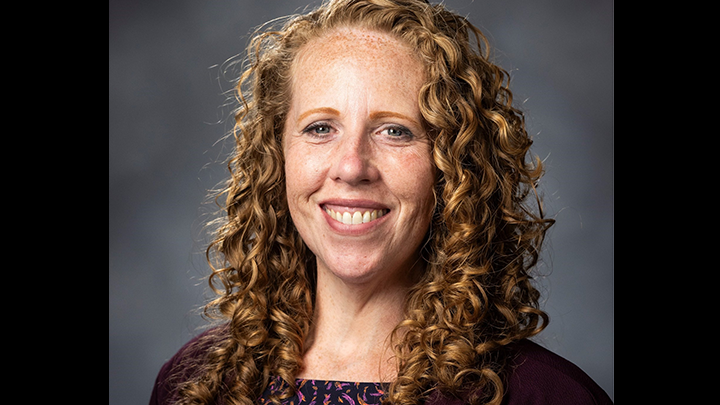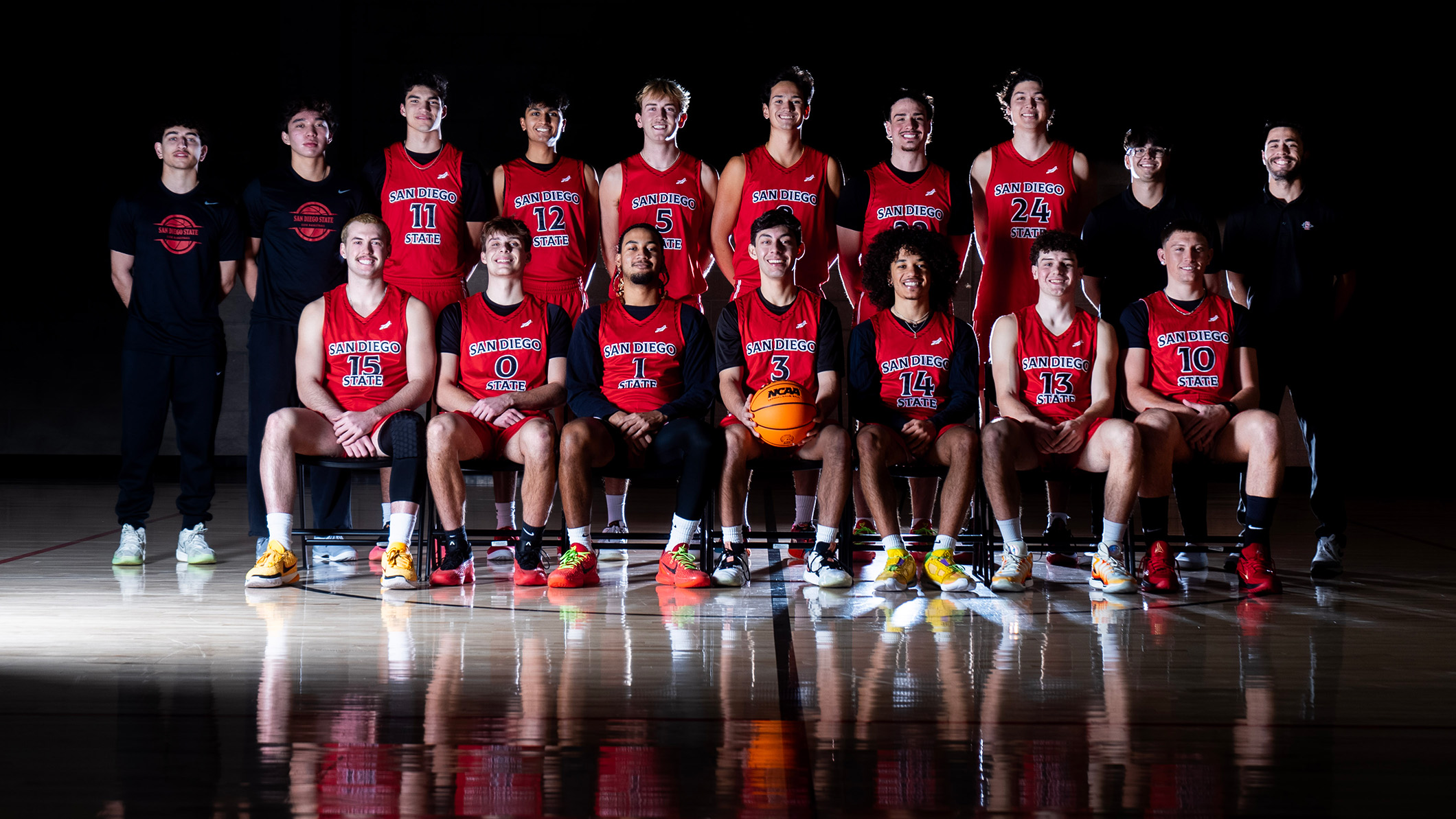Two SDSU Global Campus graduate students research how (and why) to boost diversity in event venue hiring
SDSU Global Campus graduate students Wendy Duran and Lindsey Stacy researched the benefits of hiring workers with disabilities as part of their master’s program capstone project

Two San Diego State University Global Campus students teamed up and tapped into their personal passions to highlight the need for and the benefits of hiring people with disabilities to work in event venues across the U.S.
Wendy Duran and Lindsey Stacy were finishing their master’s degrees online when they were paired to research the topic as part of their graduate programs’ capstone project. Duran was working on her master’s in Meeting and Event Management, while Stacy was completing her graduate degree in Hospitality and Tourism Management.
Terri Breining, co-chair of the online master’s programs, played matchmaker on the project and got the two students together on the research on behalf of the International Association of Venue Managers (IAVM).
“It turned into a really meaningful and important project that has legs, and it reflects well on SDSU,” Breining said. “It also serves the members of IAVM and addresses needs of the larger venue and hospitality industries.”
The question they set out to investigate was straightforward: Why do so many convention centers, stadiums, theaters, and other entertainment venues across the country fail to hire more people with disabilities to work in a wide range of jobs at their venues?
The graduate students worked independently for about 13 weeks and collaborated on their research, which sought to identify more inclusive hiring practices that would allow people with physical and mental disabilities to find careers in event venues while providing managers with a more diverse workforce.
Their research found that while some venues did encourage hiring people with disabilities for some jobs, the practice was not widely applied due to misconceptions and unwarranted worries.
“There’s all these assumptions people have, their own biases,” Stacy said. “But once you dive into it and have your own mindset changed, you’re just not aware of all you're missing out on.”
Duran said once venue managers learned more about the benefits of employing people with disabilities, they better understood why doing so would benefit their venues, the general public, and the employees. In some cases, providing simple accommodations, such as adjusted work schedules, allows a person with a disability to do the same job as anyone else.
“People in general were open and receptive, but there were a lot of worries that made it seem like the effort of hiring people with disabilities wasn’t worth it,” she said. “So we showed the fact that people with disabilities bring a strong work culture and contribute so much. It’s really just about finding a good fit for a job, which is true for any employee.”
Findings released
The students presented their findings to their classmates and instructors at their final on-campus week in May and were then invited to do so at VenueConnect, IAVM’s annual conference in July.
“There really is no defensible case for why our members shouldn’t be hiring more people with disabilities,” said Greg Wolfe, IAVM’s Director of Education. “There’s just not.”
Both women have personal connections to the disabled community, which helped drive their passion in their research and gave the class assignment a personal touch.
Some of their family members have experienced significant mobility challenges from neurological and physical disabilities, and they have worked with colleagues affected by polio. These experiences have shaped their perspective on accessibility and caregiving.
“So many people have some connection with someone with a disability, whether it be visible or invisible,” Duran said.
Duran, executive assistant to the president at Brigham Young University, has worked at the Delta Center in Salt Lake City (home to the NBA’s Utah Jazz) and at University of Utah event facilities. Stacy lives in San Diego and works as a travel consultant at Kahala Travel in Mission Valley.
Their research findings are now working their way into IAVM best practices for hiring and will have an impact on staffing at thousands of venues around the world.
“There are a lot of practical applications for this for venues,” Breining said. “This is not just a feel-good solution.”



